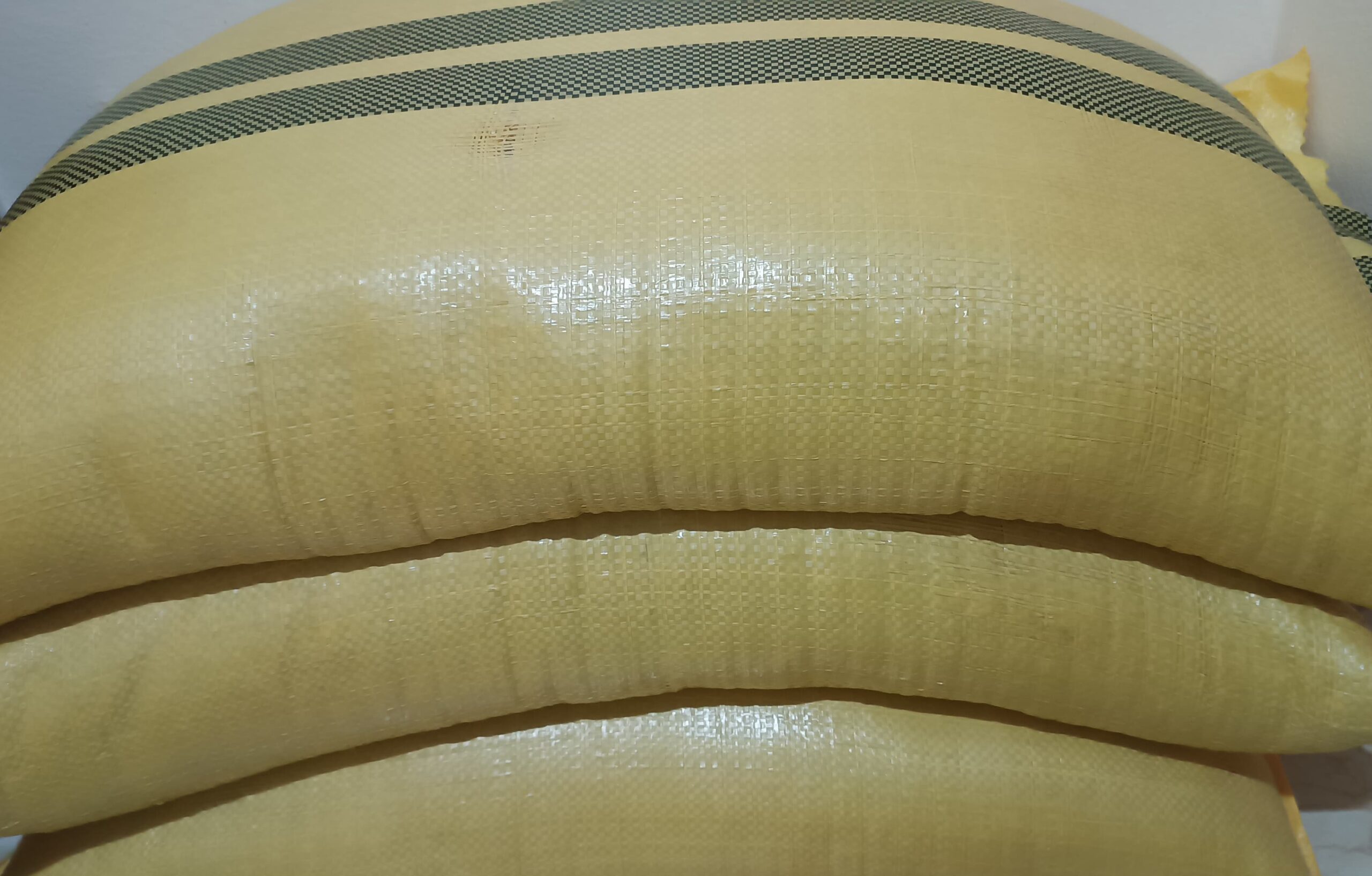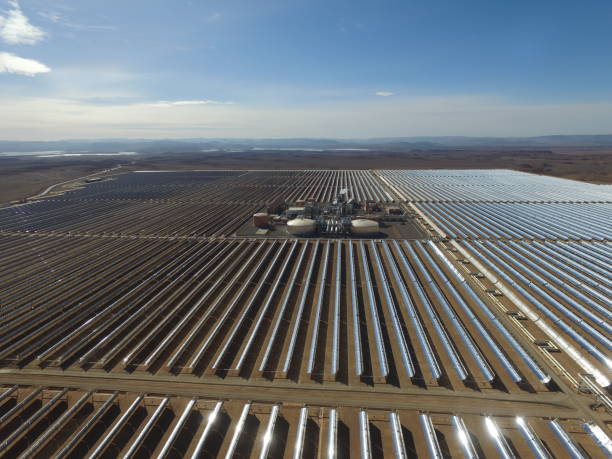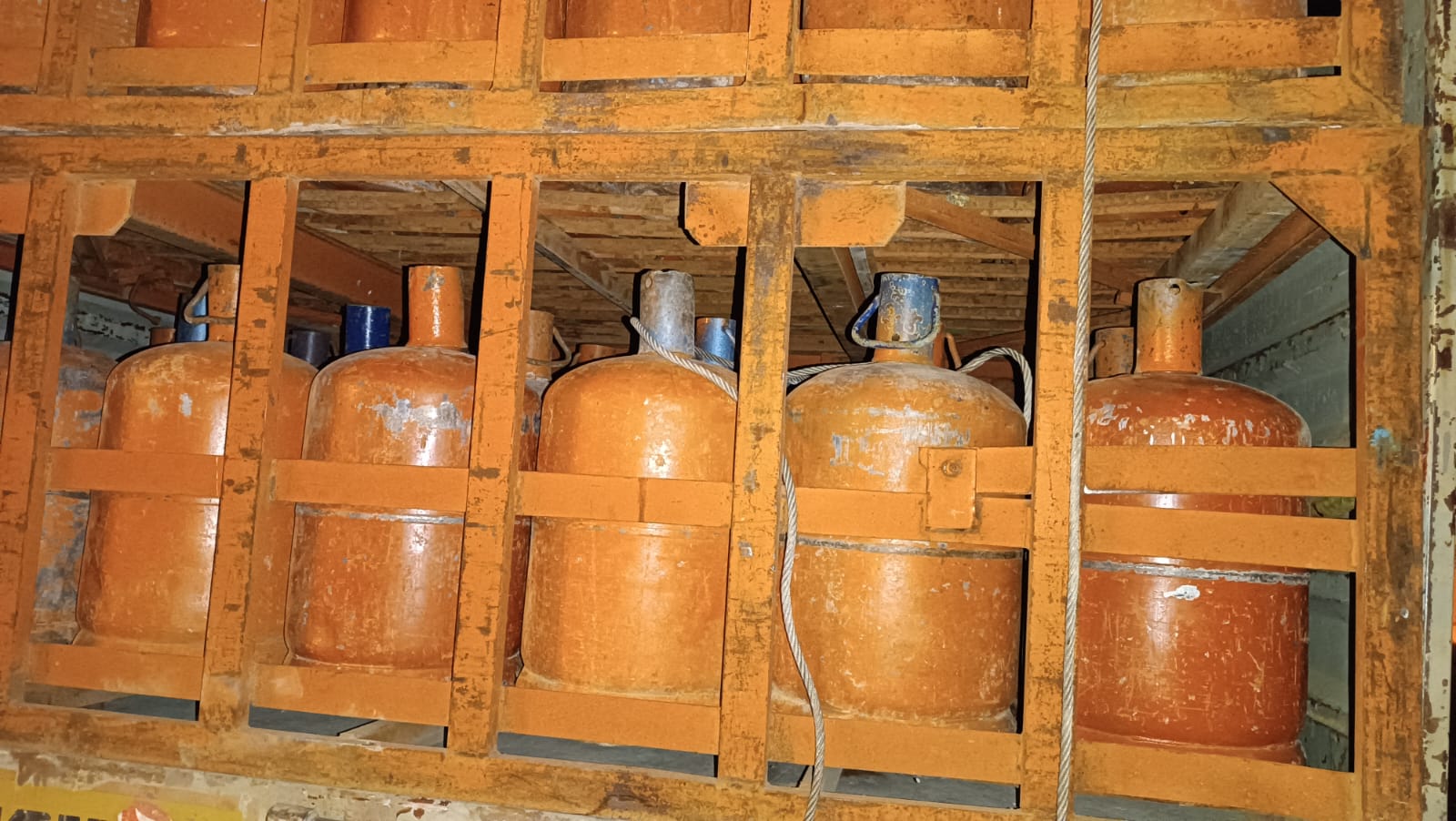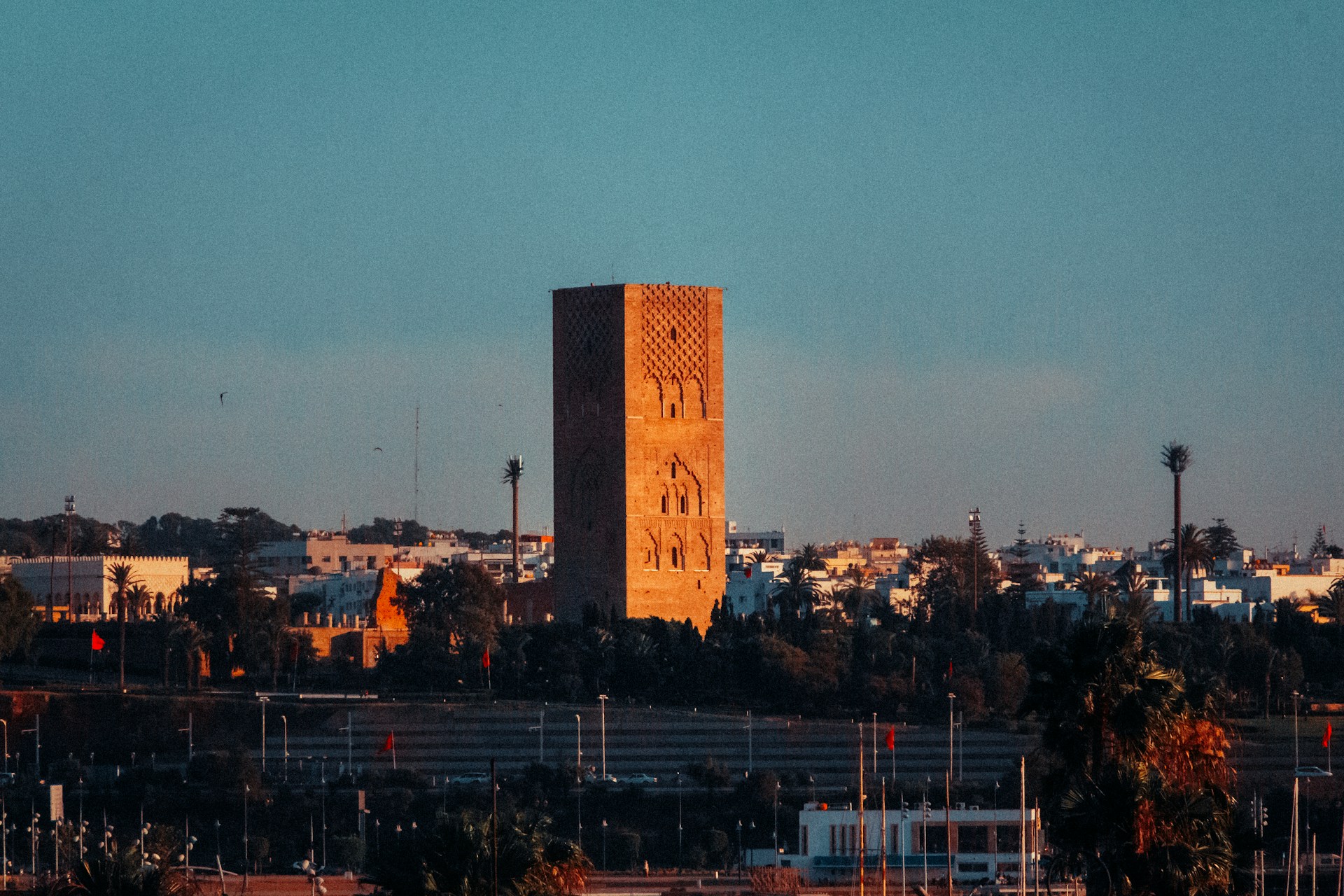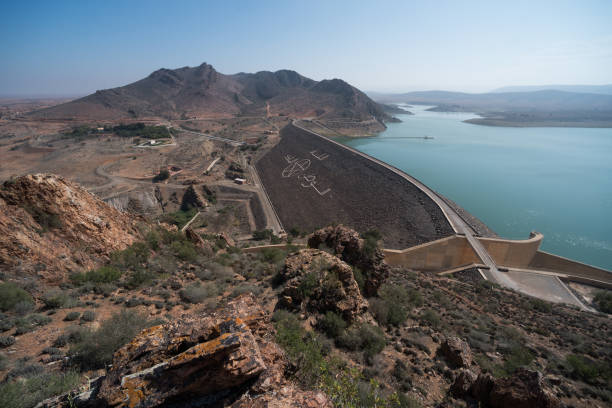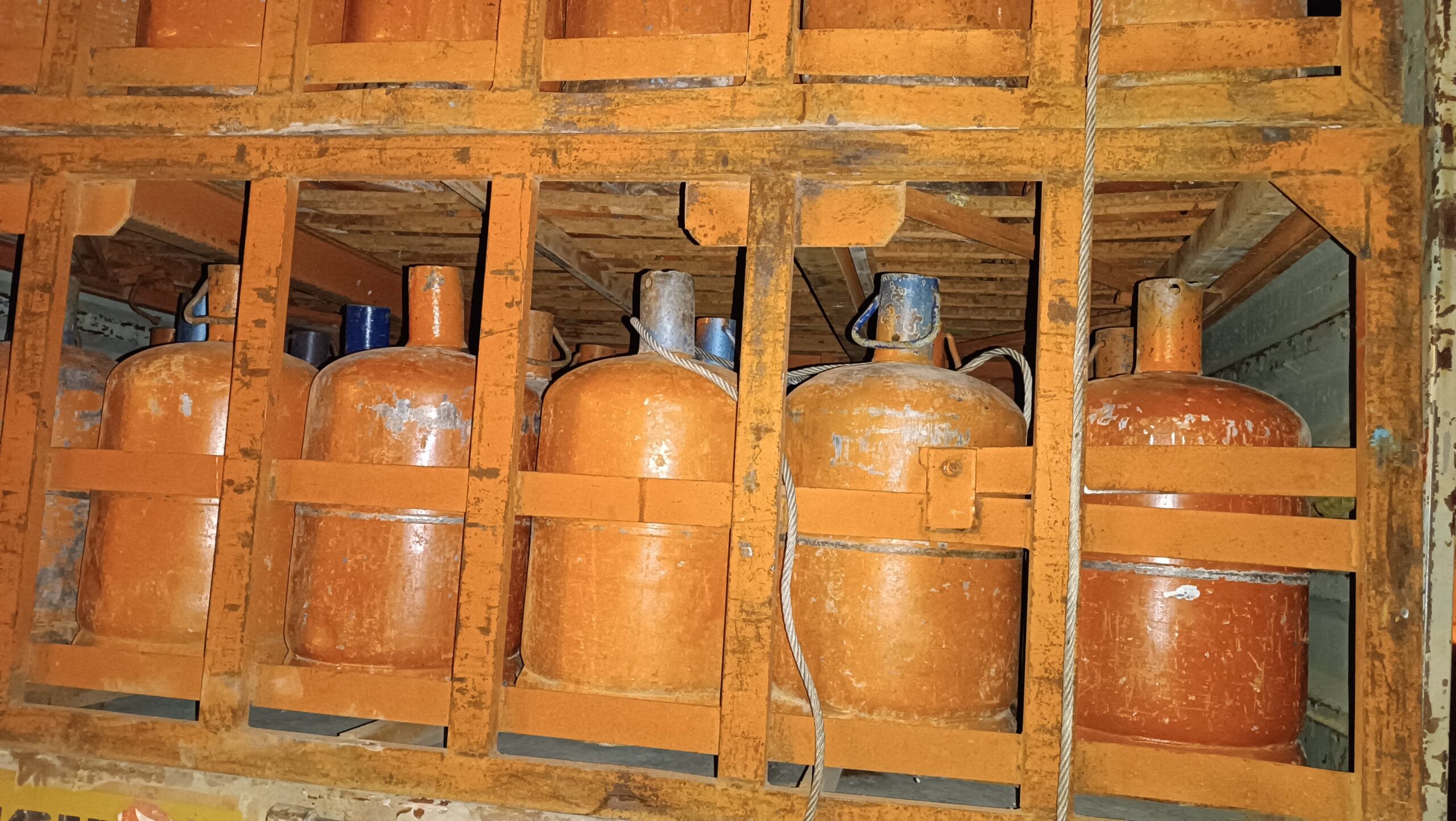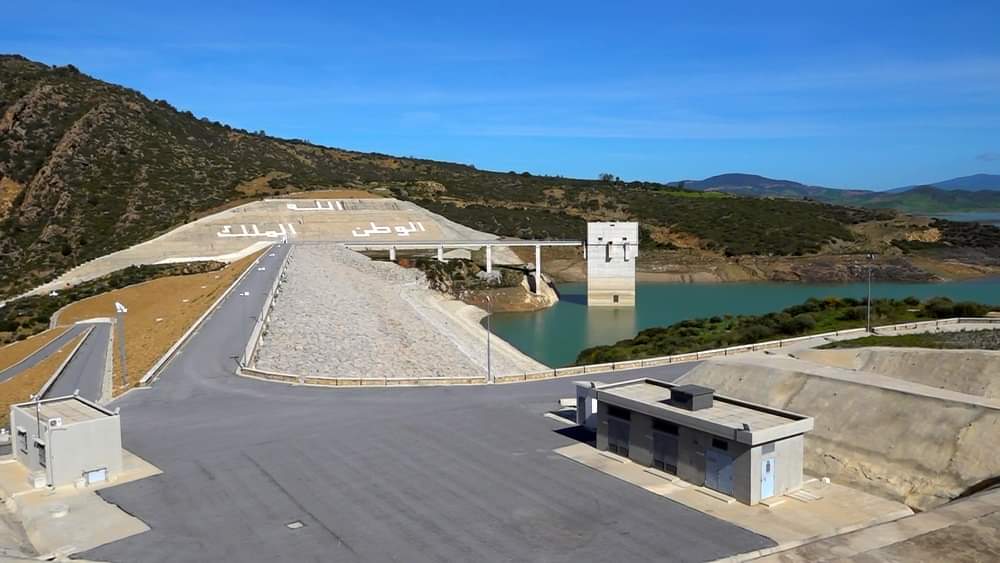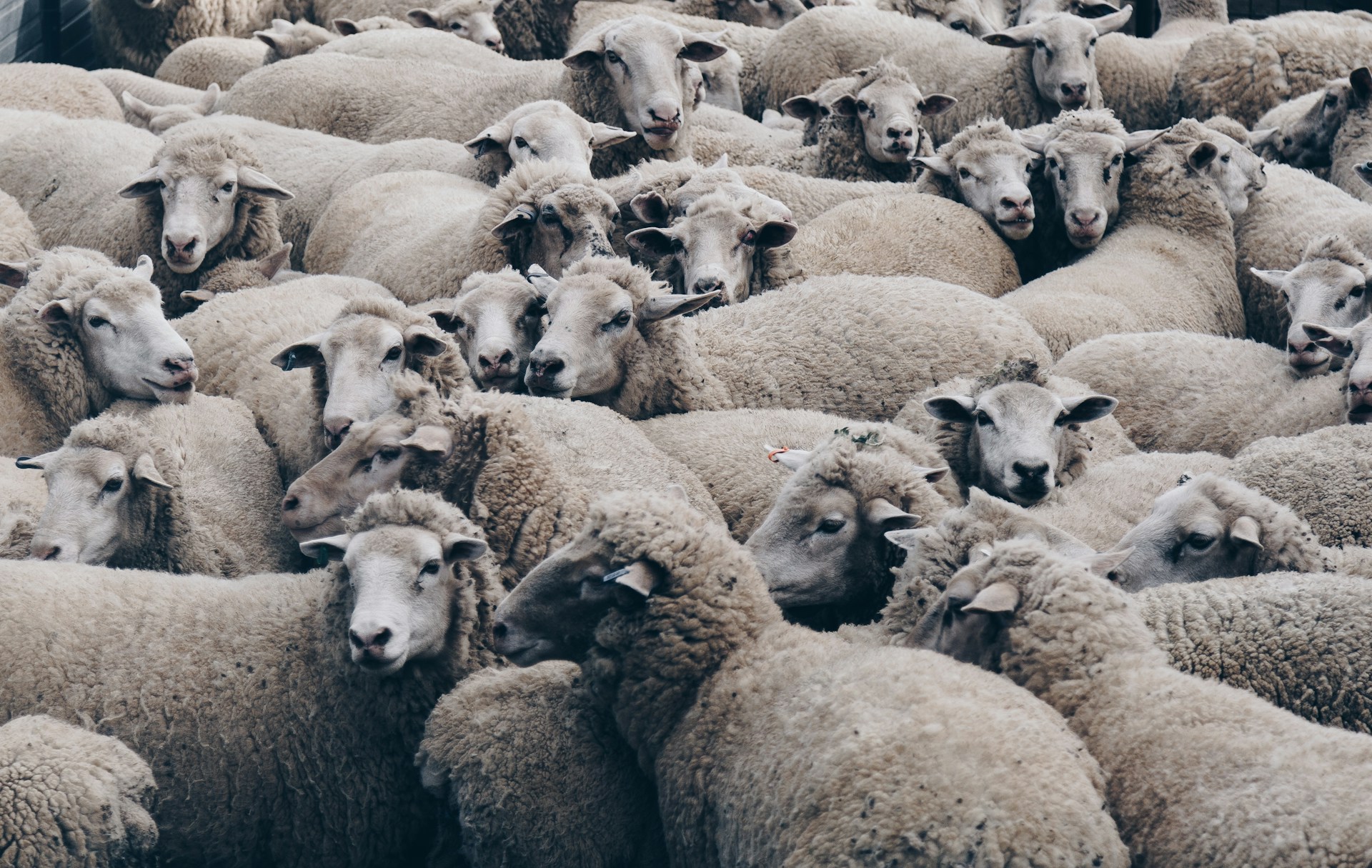Casablanca – Morocco has announced the extension of its soft wheat import subsidy program until December 31, 2025, as the country continues to struggle with the effects of prolonged drought. The decision, confirmed by the National Interprofessional Office of Cereals and Legumes (ONICL), was made in coordination with the Ministries of Finance and Agriculture.
Subsidy program extended amid grain shortages
Initially scheduled to conclude at the end of April 2025, the subsidy program will now continue from May 1 through the end of the year. Authorities have also introduced additional financial support for importers to maintain strategic wheat reserves between April and December. Further details on the subsidy mechanisms will be announced in the coming weeks.
Impact of drought on local production
The decision to extend the subsidies highlights Morocco’s growing reliance on imported wheat due to insufficient domestic production. In 2024, the country’s combined output of soft wheat, durum wheat, and barley amounted to just 3.1 million tons—a steep 43% drop compared to the previous harvest. This decline has been attributed to severe drought, which has significantly reduced agricultural yields over the past two years.
Shift in Morocco’s wheat import market
In response to these challenges, Morocco has increased its wheat imports to stabilize supply. The country has become a major destination for wheat exports from the European Union and has also strengthened trade ties with Russia, which is emerging as a key supplier. During years of abundant local production, Morocco has historically restricted imports to protect domestic farmers. However, given the current agricultural crisis, authorities have prioritized securing external supplies.
Government commitment to food security
By extending the subsidy program, the Moroccan government aims to ensure steady wheat availability and price stability in the market. The move is also intended to encourage importers to maintain sufficient stockpiles, reducing potential risks of supply shortages.
With drought conditions expected to persist, Morocco’s reliance on wheat imports is likely to remain high throughout 2025. The government’s latest measures underscore its efforts to safeguard food security and manage the economic impact of lower agricultural output.






